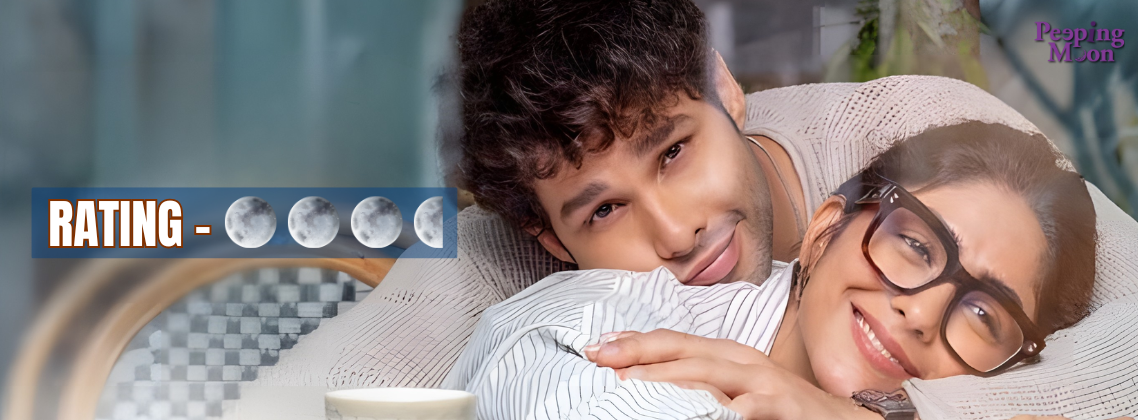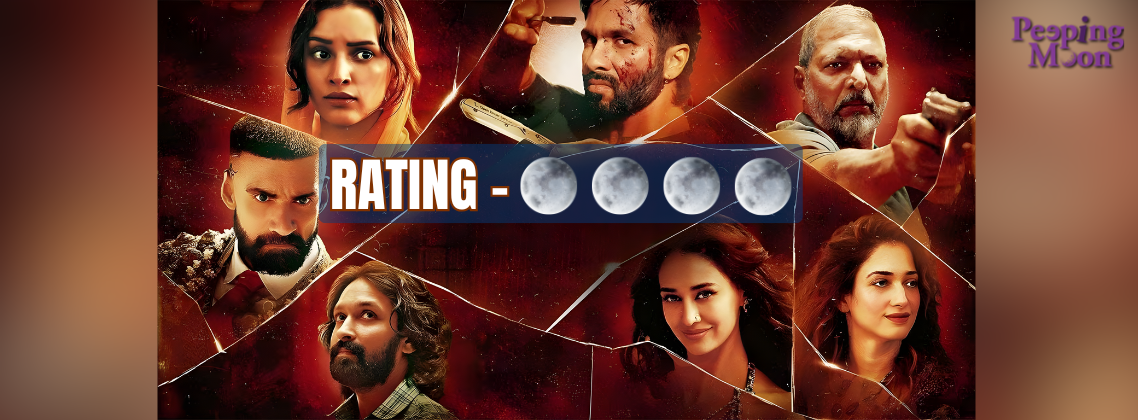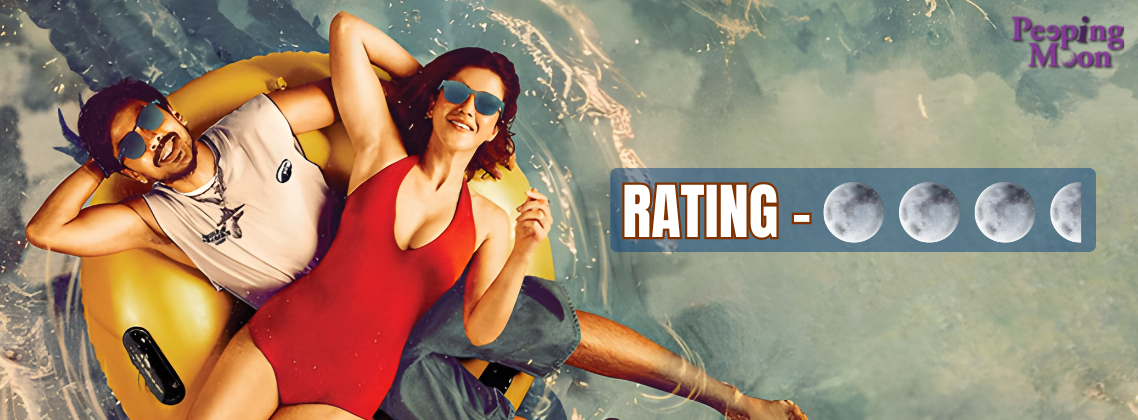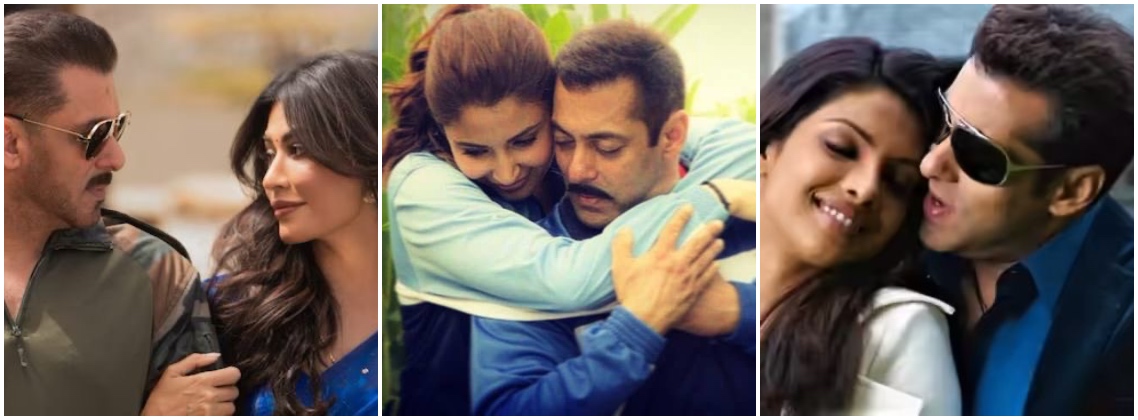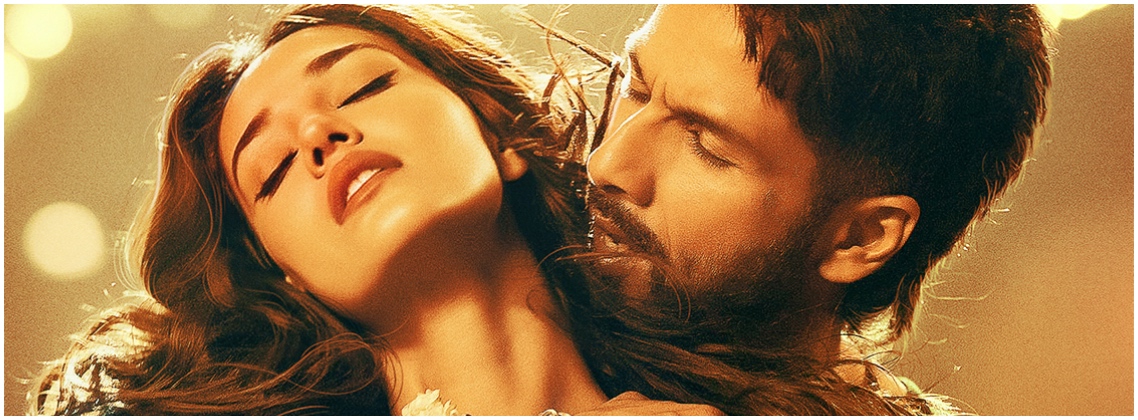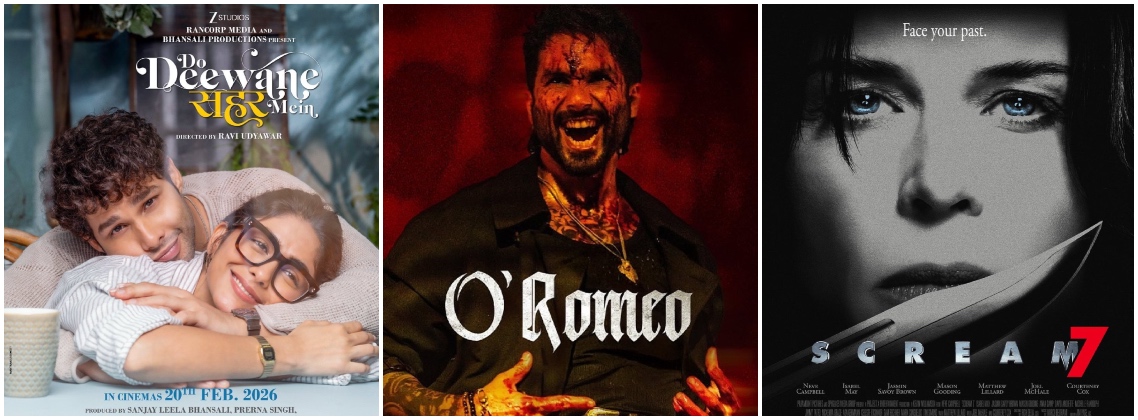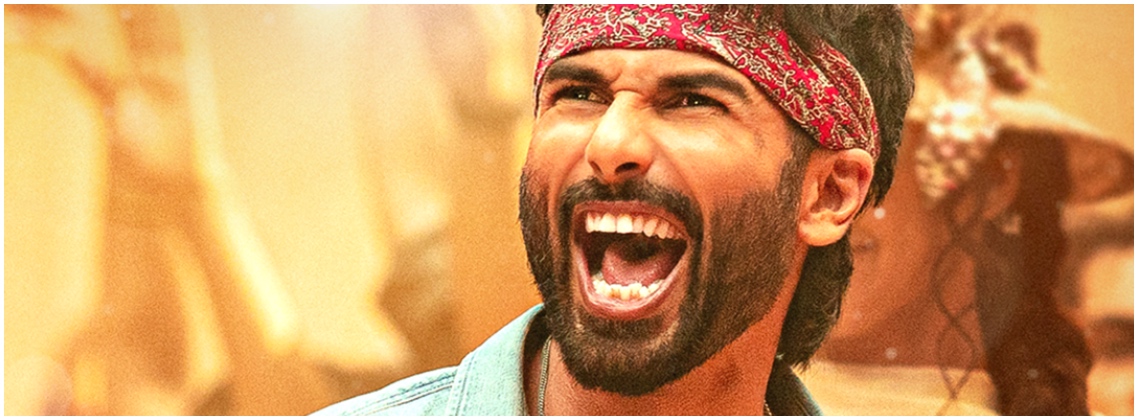Film: Salaar: Part 1: Ceasefire
Cast: Prabhas, Prithviraj Sukumaran, Shruti Haasan, Sriya Reddy, Easwari Rao
Director: Prashanth Neel
Rating: 3.5 Moons
The rebellious and oh-so-brutal Prabhas is back and how! Salaar: Part 1: Ceasefire, directed by Prashanth Neel, marks the actor’s return to action after a series of romantic films that failed to ignite a spark. This space suits him and the director hits the bull’s-eye when casting Prabhas in a role that requires his towering presence. Dethroning possibly every action film this year with its brutality, Salaar rides high on violence, bloodshed, a diverse range of stunts and angry men.
Prashanth’s world, similar to his blockbuster franchise KGF, is dark. He makes a comeback to coal mines as the film revolves around Deva (Prabhas) and his disciplinarian mother Rama (Easwari Rao) who works at a school in Assam and teaches children of coal mine workers. Deva is aggressive. His childhood friend, Varadha Raja Mannar (Prithviraj), is a potential successor to the throne of the tribal kingdom of Khansaar. This Game of Throne is written with blood. Deva and Varadha were distanced due to certain events in the past. As the war for the throne continues, Deva’s slasher game gets intense.

Through Salaar, Prashanth narrates a story soaked in blood and coal dust. There’s no chance to look around. It is a fast-paced, twisted plot that’s driven by the brilliance of Prabhas and Prithviraj. The first half establishes Deva as the new-age on-screen beast. Deva and Rama are fiercely protective of their identity. Knowing his potential, Rama instructs Deva to stay away from violence and he obeys her. After she snatches a plastic knife from him, the narrative takes a complete turn. The second half is more violent, brutal and loaded with politics.
The rivalry between Deva and Varadha takes centre stage. The story gets complex and tiresome too. Deep down, the story is weak. Covering the flaws with ample action sequences and grandeur, Prashanth attempts to make it work and live up to the legacy he started with the KGF franchise. The smell of the franchise lingers throughout Salaar. The colour palette using shades of coal grey, brown and black remains constant. A prominent use of red represents aggression and violence. The film's visual effects by Prime Focus enhances the feel and builds the right atmosphere.
A dark and dangerous, violent path leads to the final revelation that allows the stem of Salaar: Part 2: Shouryaanga Parva to sprout. A little shy of 3 hours, Salaar is a stylishly-packaged, larger-than-life, action spectacle for the masses. But the core is weak. The story seems similar and has little to offer. Going back and forth in the timeline gets confusing. The stereotypical angles of tribal women being tortured, exploited and harassed by baddies are done to death now. After a point, Salaar seems to be a rehash of films from the '90s and even KGF which set the benchmark high. Using the same formula to ensure a good film has backfired to a certain extent.
Prashanth understands that the audience likes watching Prabhas in the action mode. He gives them enough chances to drool over the actor. A fan service throughout, Salaar celebrates Prabhas’ straight-faced expressions and impactful presence. He doesn’t have many dialogues and speaks through flying men, slaughtered bodies and splashing blood. His physique is put to good use, something that filmmakers missed in the previous films.

Prithviraj is trustworthy and does a good job at being menacing and subtle at the same time. He is understated in Salaar and hopefully there will be more of him in the sequel. Shruti Haasan plays Aadhya, an NRI who returns to India to immerse her mother’s ashes. Prashanth wastes her completely. Shruti tries her best to deliver but the weak character sketch limits her. Sriya Reddy is impactful and might have a better role in Part 2. Easwari Rao is fantastic as Rama. She does leave behind a strong impact.
Salaar gets unbearable beyond a point due to its ear-splitting loud music. If someone is not screaming their lungs out, the background score is used as the replacement. Sometimes, the jarring music is clubbed with drum sounds, women screeching and more. Ravi Basrur, who has been associated with KGF too, takes the noise level up by 100 in the second half. The intensity could have been lesser for a better theatrical experience. If loud music isn’t your piece of cake, this might not be the right choice for the weekend.



